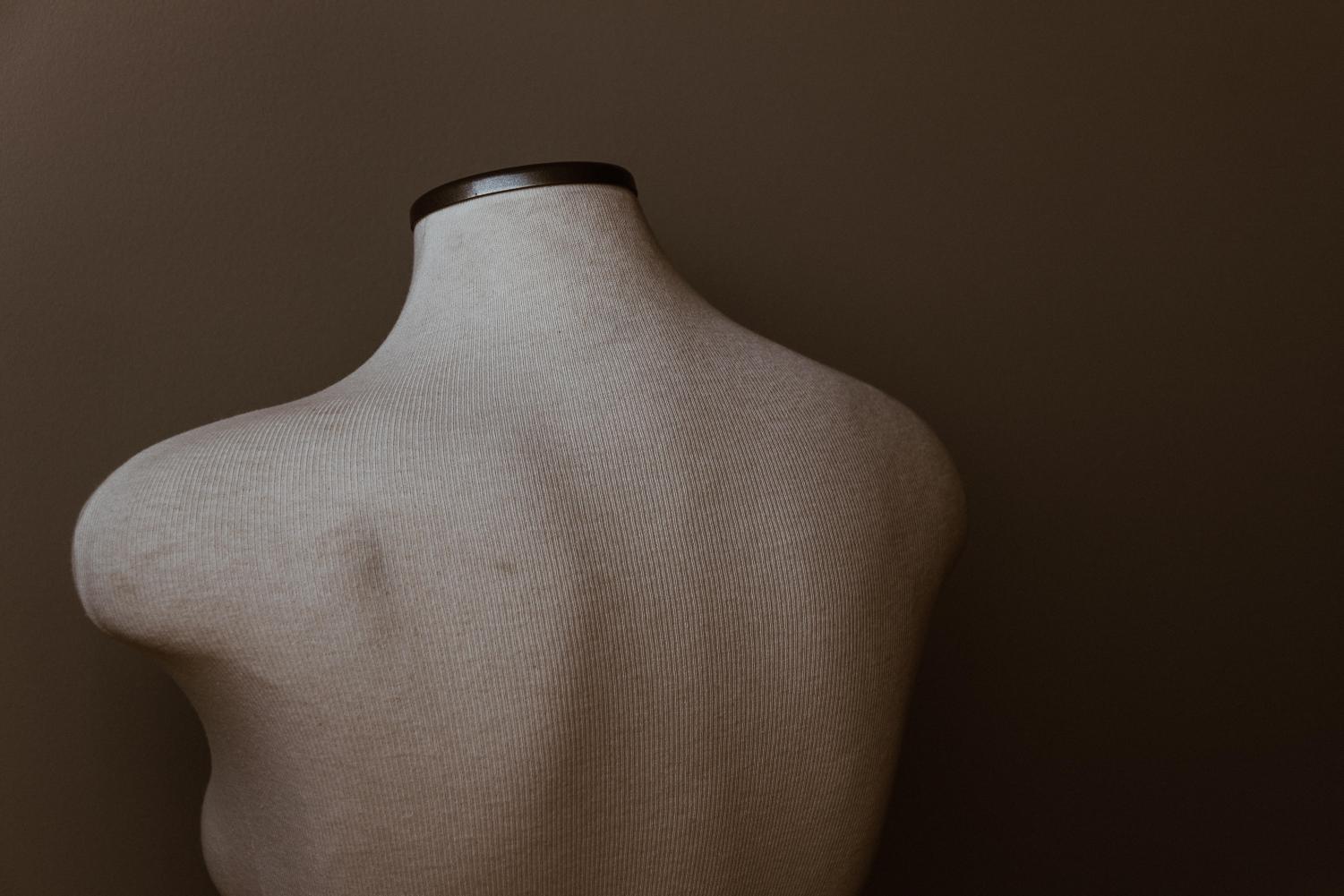Since the Taliban took power over Kabul in 2021, they have imposed extreme rules and regulations to control women’s bodies and livelihoods, going so far as to prohibit any display of female mannequins in clothing stores. In order to stand in solidarity with Afghan women during this humanitarian crisis, students need to be educated about the problem.
KABUL UNDER TALIBAN RULE
In 2021, the Islamic fundamentalist group called the Taliban took back their power over Kabul, Afghanistan. After waging a twenty-year insurgency against the U.S.-backed government in Kabul, the Taliban cracked down on the city with harsh new laws.
The human rights of women in Afghanistan are now under the control of male Taliban leaders. According to the Council on Foreign Relations, “The Taliban have prohibited most girls from attending secondary school, banned all women from attending and teaching at universities, and prevented women from working.”
Women have been forced to comply with these restrictions of their bodies and livelihoods.
According to Human Rights Watch, “They dictate what women must wear, how they should travel, workplace segregation by sex, and even what kind of cell phones women should have.” Recently, there have been countless protests against the Taliban for their abuse and torture of women in the city.
FEMALE MANNEQUIN FACES COVERED
Along with the extreme rules dictating what women can wear, the Taliban’s restrictions have escalated to the extent that even mannequins in stores are affected. Originally, the group wanted the mannequins beheaded or thrown out entirely.
According to the Associated Press, “Not long after they seized power in August 2021, the Taliban Ministry of Vice and Virtue decreed that all mannequins must be removed from shop windows or their heads taken off, according to local media.”
The Taliban is now restricting any perception of women in Kabul. They developed rules for everything from the clothes that women are allowed to wear to what fake figures of women’s bodies can show. These extreme limitations stem from their religious beliefs.
According to NPR, “They based the order on a strict interpretation of Islamic law that forbids statues and images of the human form since they could be worshiped as idols — though it also meshes with the Taliban’s campaign to force women out of the public eye.”
Today, many women’s dress shops display the disturbing sight of female mannequins with hoods and fabric covering their faces. The owners of these shops in Kabul have been resourceful in abiding by these rules without destroying their mannequins. They attempt to still attract customers by covering the mannequins’ faces in a stylish way, but the effort has had a more disturbing than appealing effect.
STANDING IN SOLIDARITY
Now only are women in Kabul experiencing degradation and discrimination, but also an attack on their existence in the world. Afghanistan is now the only country in the world where girls are banned from going to high school. According to an article published by UN News, preventing young women from pursuing their education puts them at increased risk of early marriage, early pregnancy, violence and abuse.
The Taliban’s restrictions have gone beyond traditional customs and roles: this is a human rights crisis. It would be unjust to avert one’s gaze from this ongoing disaster. Manizha, an Afghan teacher in Kabul, addressed the situation in an interview for UN Women, saying, “I ask the international community to listen to Afghan women; we need to be heard and the world needs to stand in solidarity with us.”
Organizations like the United Nations Sexual and Reproductive Health Agency (UNFPA) have reached more than 4.3 million people over the past year and distributed essential medicines and supplies to hospitals, as well as menstrual hygiene supplies to countless women and girls. In order for organizations like these to exist, students must share a common belief that women’s rights, including reproductive rights, are of the utmost importance. Even though it can seem like just a drop in the bucket, standing in solidarity with Afghan women begins with educating oneself about these issues. Students can continue to educate themselves and support organizations who support Afghan women at https://womenforafghanwomen.org/.












